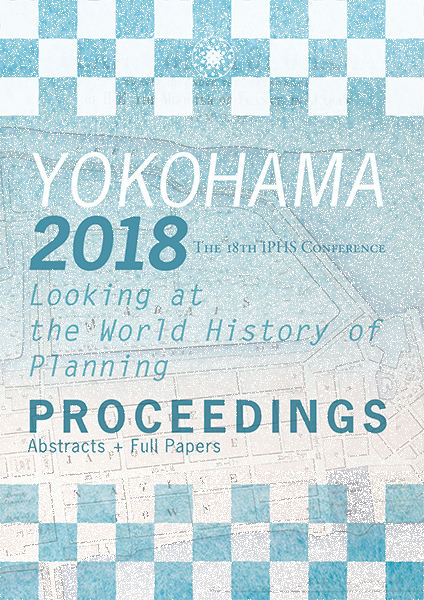The status change of culture and education in the traditional Chinese city landscape after the Song and Yuan Dynasty
DOI:
https://doi.org/10.7480/iphs.2018.1.2760Abstract
After the Song and Yuan dynasties, the development of the imperial examination system was witnessed by the spread of the Neo-Confucianism of the Song and Ming dynasties. This was accompanied by the position of culture and education buildings in the local urban landscape system that was greatly improved, some even dominating the performance of the urban landscape. The resulted structure of the urban landscape before the Song Dynasty is described as the so-called status change of the "The Status Change of Culture and Education." Studies have shown that "The Status Change" during the Ming and Qing Dynasties could be found here and there. This work took the City of Yangzhou Prefecture in the Ming and Qing Dynasties as the research object. Starting from the background of the development of culture and education, this paper expounds the process and characteristics of such a status change during this period.

